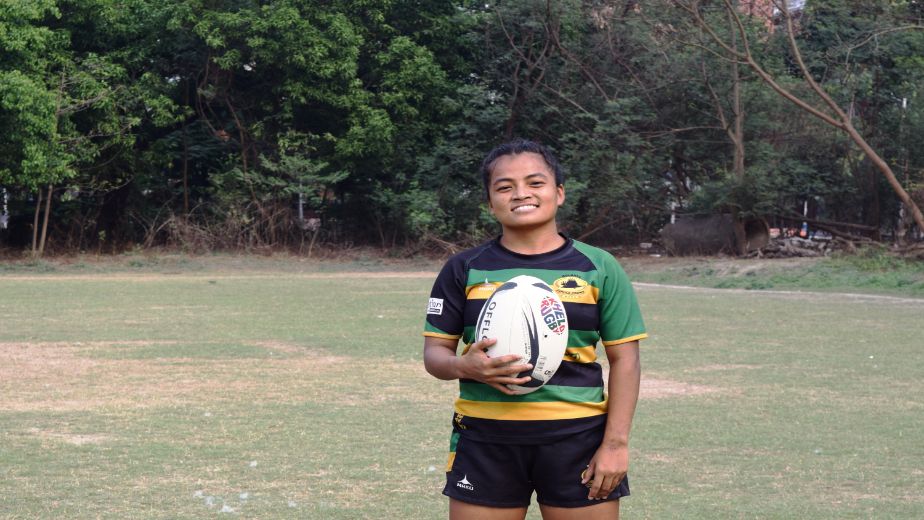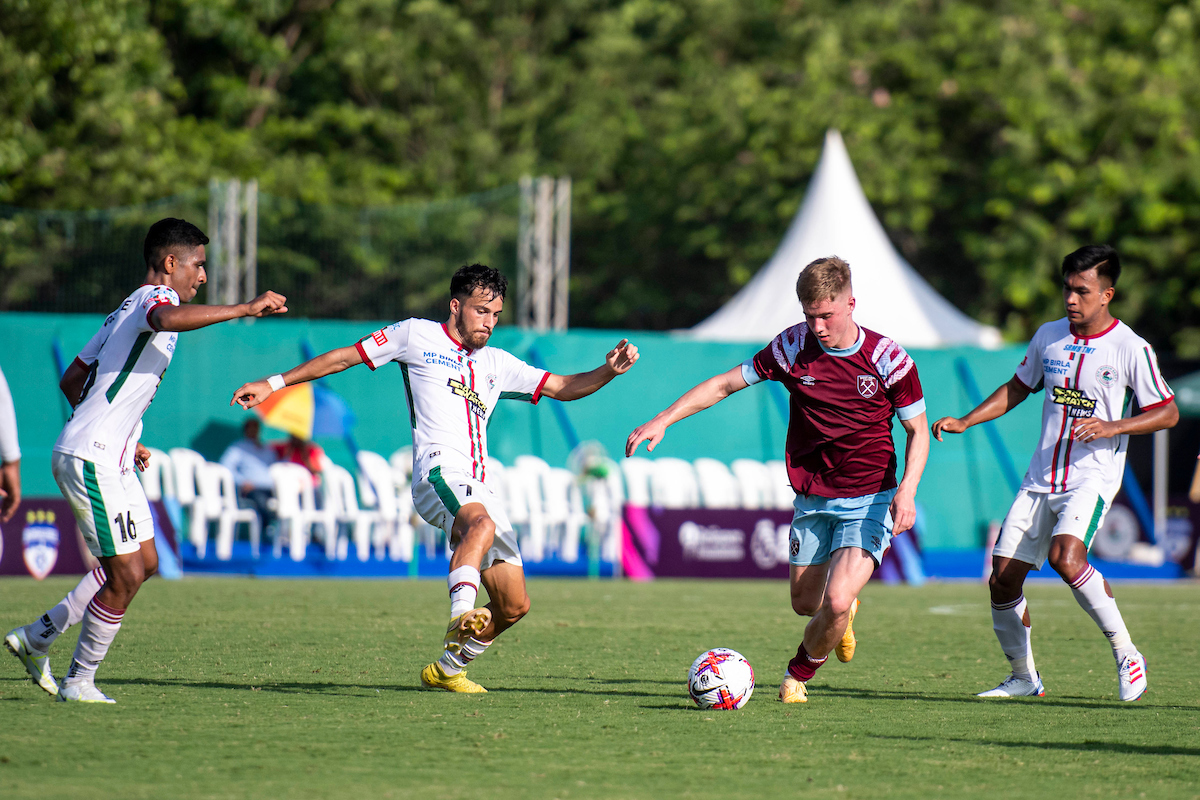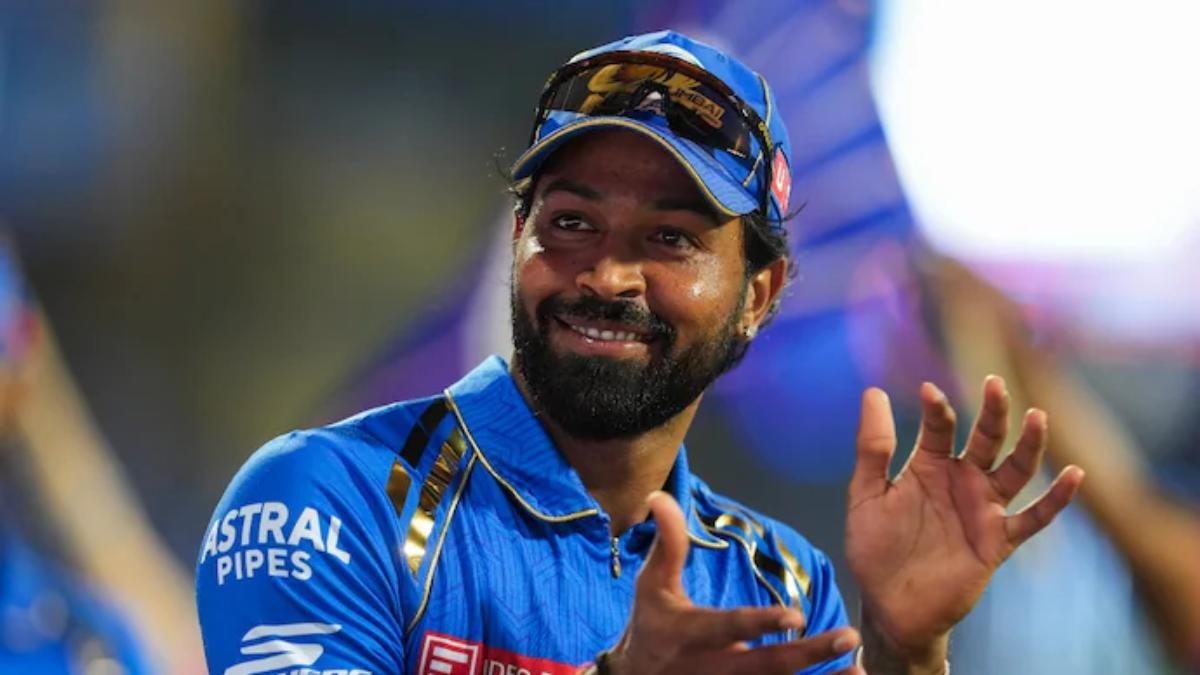In a world without sports, Sandhya Rai, 20 born and brought up near the Baikunthapur forest, east of Siliguri, would quite possibly have been married, working in a tea garden just like her parents before her. This is the inevitable reality for many girls, especially in rural India but unlike most instances, this one is a happy story. Sandhya Rai is “India Unstoppable”, part of a global campaign by World Rugby to promote the sport, being one of only three women in India to be selected. Sandhya has not only surpassed incredible odds to be where she is today, she has also paved the path for others to join her journey and most importantly, shifted the mindset of those who believed that women are unfit to play sports.
In an exclusive interview with SPOGO, Sandhya Rai speaks about being introduced to rugby, earning the trust of the villagers, the role Rugby India has played in her journey, overcoming obstacles and words of wisdom for aspiring women looking to pursue rugby professionally.
Q 1) For someone from a remote village in West Bengal, how were you first introduced to rugby? What made you fall in love with the sport?
I was introduced to rugby in 2013, before that, football and cricket were played in my village but those were only played by boys. When we were introduced to rugby, proper coaches and clubs trained us and taught us the sport, which is when I fell in love with rugby.
Q 2) How difficult was it for the other villagers to understand that girls can play rugby? How did you earn their trust over time?
When I started playing rugby even the people in my village had no knowledge of this sport. They knew it’s an activity because there had been coaches that had come to our village to teach us various sports and would leave after a while. Similarly, rugby was introduced to our village but none of us had any idea that this sport would go on to become such a big part of our lives. We were only playing non-contact rugby for a year after which we were introduced to ‘real’ contact rugby. After 1 year, we were selected for various clubs that formed the girls team from our village Saraswatipur. We went to Orissa for the Under 19 All-India games and it was the very first time when a girls team from our village went for a competition. Initially, when we went to our parents for permission to participate and travel to Orissa, they refused because they feared this was a ploy for human trafficking and we would get sold in the big cities. After a lot of convincing, they agreed. We performed pretty well and progressed to the state level but we could not earn the trust of the villagers. They would accuse us of buying trophies from the cities and never had any faith in our achievements. When we participated in the Rugby India camps, our names came in the newspapers which began to change the mindset of the villagers. When we represented India and the villagers saw our photos on social media, they became supporters.

Q 3) A brief about your current status with Rugby India, your educational background and your role as an Unstoppable?
I was honoured to be named the Captain of the Indian U20 Girls team and also be selected to represent the Indian Senior Women’s National team. I’m currently in my third year of Sports Management and on a club scholarship. Not only is my expenses covered but I’m also provided with accommodation and given a stipend. Similar scholarship and stipend is also given to many girls from my village and this is a big support for us and has helped us pursue the sport.
I am privileged to be selected as an Asia Rugby ‘Unstoppable’ that would inspire girls and women to overcome their challenges and get involved in sport – as a role model, I hope I can give back to the sport that has given me so much.
Q 4) How has rugby changed your life? How much has the sport impacted the mentality of the people in your village and changed the lives of other girls?
Rugby has completely changed my life. I could never have imagined travelling outside the country, sit in an airplane. We have been selected because of our hard work and the Indian Rugby team has given us the platform to express our talent. If there was no rugby, we would have been married by now or would be working as a tea garden labourer and would not have been able to complete our education. Rugby has allowed us to dream of a brighter future, get educated and achieve something in life.
Q 5) Why have there been eight to nine girls from your village Saraswatipur who have represented India but no boys so far?
The boys in our village have always played multiple sports such as cricket, football and don’t just focus on rugby unlike the girls. I think that they believe there is not much of a future in rugby because of the stiffer competition as 70% of the people who play rugby in India are men. They also have to take care of their families and even those who play rugby work at the same time. As there is no support by the government, financially or otherwise, they don’t envision a future in this sport despite playing at the national level.
Q 6) As someone who has been in a position of overcoming many obstacles to achieve your dream, what would be your advice to young girls who want to pursue sports professionally?
There is a misconception that rugby is a very difficult contact sport and I would like to tell other girls that they should give the sport a try. It’s a very fun and interesting game and just like we tackle our opponents while playing rugby, I want others to tackle their problems in life head on. It’s impossible to progress without support and it’s important to seek help from your family and friends and work towards achieving your goals.







